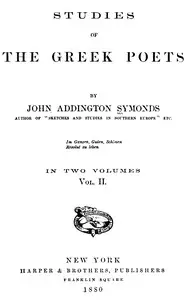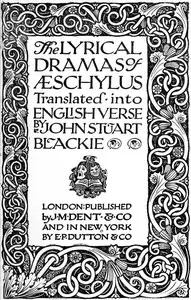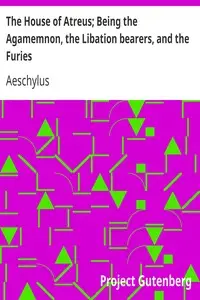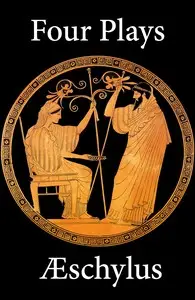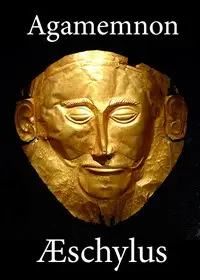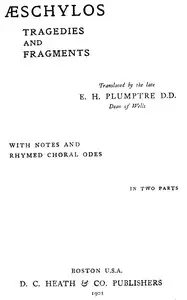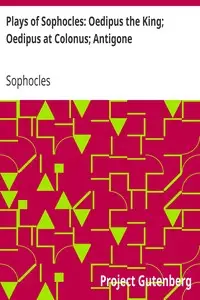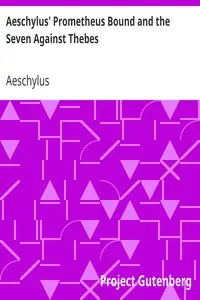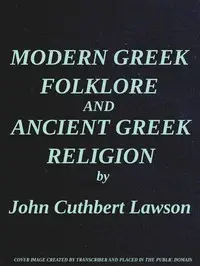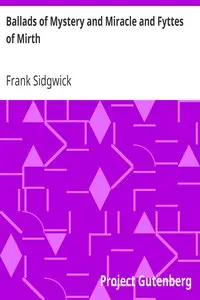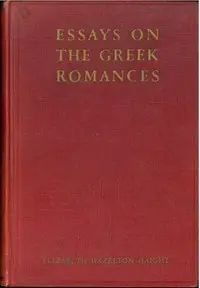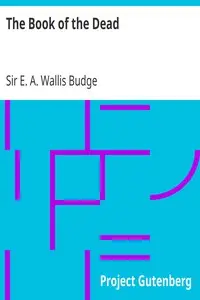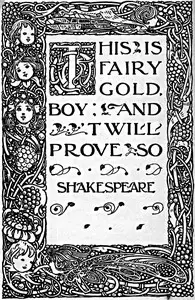"Specimens of Greek Tragedy" by Aeschylus and Sophocles is a translated compilation of ancient Greek plays from the late 1800's, offering a window into the world of Greek drama and exploring powerful themes like destiny, ethics, and the conflict between human ambition and the will of the gods. It spotlights Aeschylus, the father of tragedy, and Sophocles, who brought greater depth to the genre with more complex characters and story lines. The introduction provides a detailed overview of Greek drama's origins and growth, noting its roots in religious festivals honoring Dionysus. Explanations of the dramatic structure and the central role of the chorus are given, along with discussions of the plays' key ideas and the society in which they were originally performed. From Prometheus's rebellion against Zeus, to Agamemnon's tragic fate, the collection presents the intense emotional and philosophical forces that shaped Greek plays.
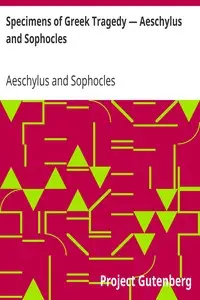
Specimens of Greek Tragedy — Aeschylus and Sophocles
By Aeschylus
Experience the stories of gods and mortals clashing in this historical collection of ancient plays exploring themes of fate, morality, Greek theater, and the depths of human suffering.
Genres
Released
2004-12-01
Formats
epub3 (images)
mobi (images)
epub (images)
epub
mobi
txt
Free Download
Summary
About the AuthorAeschylus was an ancient Greek tragedian often described as the father of tragedy. Academic knowledge of the genre begins with his work, and understanding of earlier Greek tragedy is largely based on inferences made from reading his surviving plays. According to Aristotle, he expanded the number of characters in the theatre and allowed conflict among them. Formerly, characters interacted only with the chorus.
Aeschylus was an ancient Greek tragedian often described as the father of tragedy. Academic knowledge of the genre begins with his work, and understanding of earlier Greek tragedy is largely based on inferences made from reading his surviving plays. According to Aristotle, he expanded the number of characters in the theatre and allowed conflict among them. Formerly, characters interacted only with the chorus.
Total Reviews
10.0k
Total reviews from Goodreads may change

